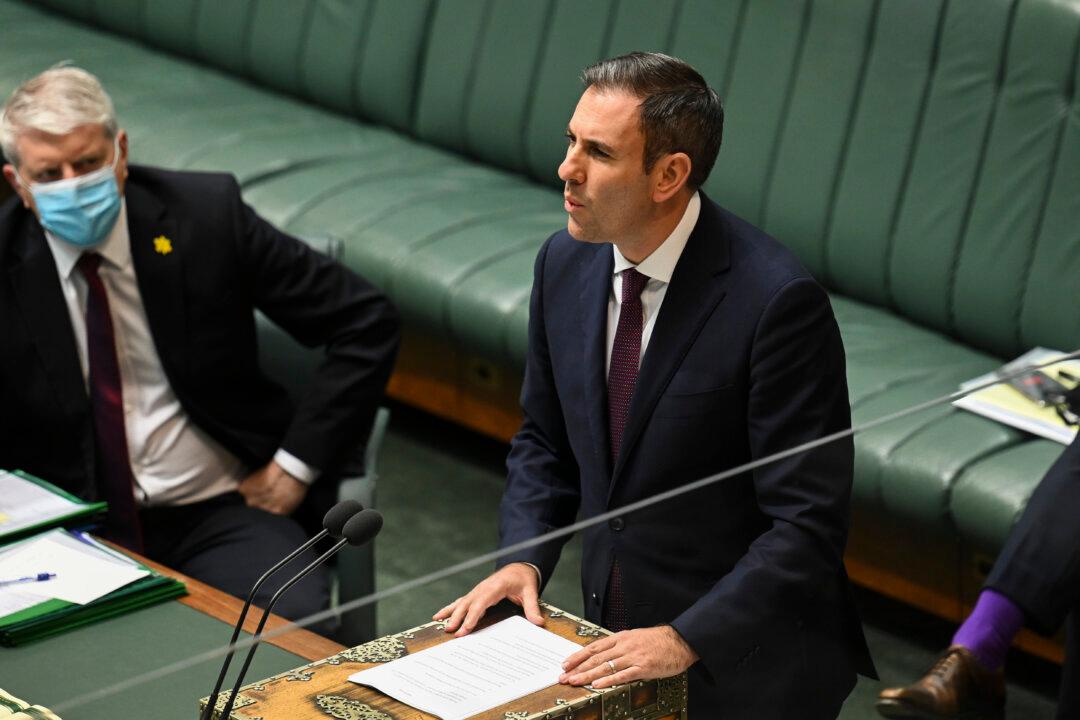The Australian government has rejected calls for raising the Medicare levy to alleviate the strain on the health systems across states and territories.
Australian Treasurer Jim Chalmers said while the government acknowledged that the public health system was under pressure, it was not considering lifting the levy temporarily or permanently.





